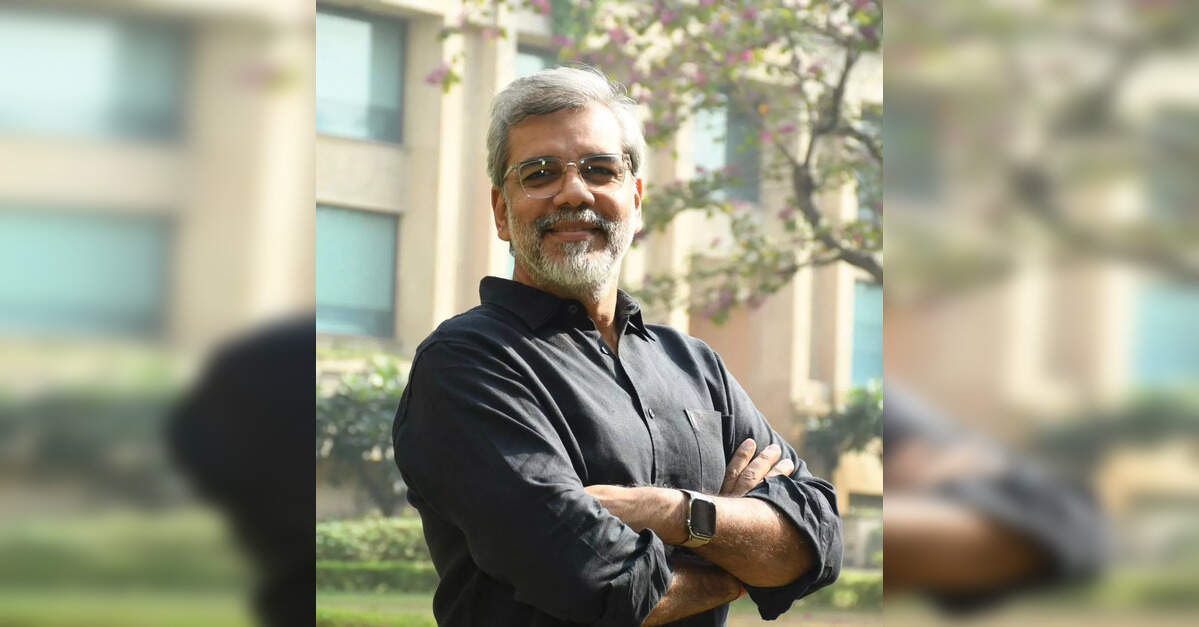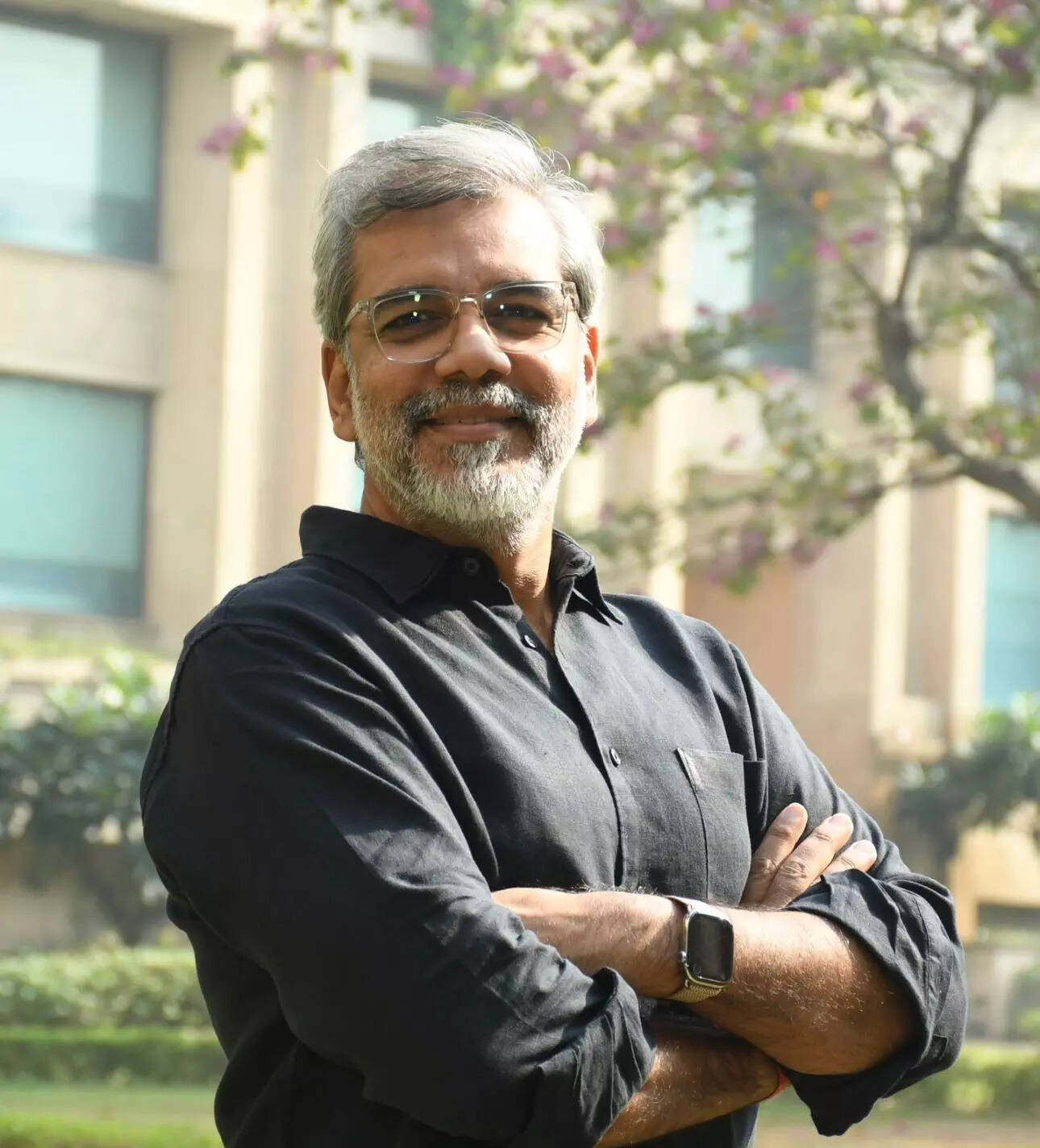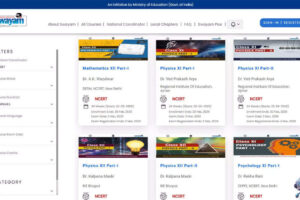
The Teacher’s Role in Personalized Learning, ETEducation

By Sanjay Salil
A few months ago, I was seated inside Harvard’s historic Sanders Theatre, surrounded by chancellors, policymakers, and education innovators from around the world. The discussions revolved around the most urgent questions in artificial intelligence: how to ensure safe and responsible AI on campuses, how to scale its deployment across schools and universities, and how to protect critical thinking in a world increasingly shaped by algorithms. Every conversation circled back to a single focus point: the teacher.
It became clear that the future of education is in empowering teachers to use AI systems, not as replacements, but as creative companions that amplify human intelligence. That realization eventually became the foundation of our work at IndiqAI, and the reason we built VidyaAI.
Artificial intelligence is transforming education faster than any innovation in the last century. From personalized learning to automated grading, from adaptive assessments to real-time analytics, AI is reshaping classrooms and curricula worldwide. Across emerging markets – in Asia, Africa, the Middle East, and Latin America, governments are accelerating investments in AI-driven learning ecosystems. They see it not only as an education reform, but as a national competitiveness strategy.
The global education technology market is projected to reach USD 98.1 billion by 2034, driven by the demand for digital upskilling, hybrid learning models, and localized curriculum delivery. India alone accounts for 16% of the global AI talent pool, with over 600,000 professionals contributing to intelligent systems that are redefining how learning and work intersect.
And yet, despite this growth, there’s an uncomfortable truth: scale does not always equal impact.
Teachers in many institutions report spending more time managing tools than teaching students. Students, meanwhile, increasingly rely on generic AI chatbots for answers instead of understanding. Enterprises struggle with AI-generated insights that lack cultural context or relevance. The pattern is consistent. Technology is optimizing for automation, not augmentation. We are, in many cases, automating the wrong processes.
Over the past two years, my Co-founder and CTO, Dr. Utpal Chakraborty, and I, together with our team, have spoken to more than 300 educators across 14+ countries. From large urban universities to resource-constrained schools, one message was universal: teachers don’t want AI to replace their voice; they want AI to amplify it. They want systems that understand local languages, learning styles, and cultural nuance. Platforms built for different realities. They want tools that remove repetitive workloads so they can spend more time guiding and mentoring. They want AI that teaches understanding, not just efficiency.
This, I realized, is not a technology problem. It’s a design philosophy problem.
Most AI tools built for education are engineered around content management, not cognitive development. They optimize for automation instead of augmentation by providing answers but not thinking frameworks. These tools assume English-first environments, leaving out millions of learners across other nations. They force teachers into rigid workflows instead of learning from their teaching styles because they scale data, not dignity.
At IndiqAI, we saw an opportunity to rethink this and design a system that restores human agency at the center of digital learning.
VidyaAI was conceived as a teacher-led, agentic AI platform that assists, anticipates, and collaborates – always under human oversight. Its purpose is simple yet profound: to make AI an enabler of understanding rather than a substitute for it.
Here is how it works in practice.
A professor records or uploads a 40-minute lecture directly from a laptop or phone, without any third-party tools. Within seconds, VidyaAI processes the content and automatically generates a deep intelligence layer around it. Lecture highlights are created for rapid revision. Knowledge pins are embedded to mark new topic segments so that students can instantly navigate to specific moments without rewatching entire videos. A “More Insights” feature breaks down complex topics into simpler, digestible explanations derived from the teacher’s own content. AI-generated quizzes test comprehension instead of rote memorization. An AI Buddy allows students to ask questions in their preferred language, receiving contextual answers extracted only from approved lecture material instead of generic information. But nothing is activated until the teacher approves it.
For teachers, VidyaAI functions as a creative co-pilot. Educators can ask it to draft bullet points, generate presentation talking notes, or even develop preliminary case studies based on their existing lectures. The result is an environment where the educator’s knowledge is enhanced, not replaced.
VidyaAI was built with its heart in India and its ambition for the world. It is built for diverse teaching conditions, from digitally advanced universities to under-connected rural institutions. It can operate in low-bandwidth or offline environments, making it equally functional in a city campus or a remote classroom. In many parts of the Global South, where teachers manage fifty or more students per class and resources are unevenly distributed, VidyaAI allows educators to deliver personalized learning experiences, and students receive content adapted to their level, language, and local curriculum.
Early pilots across multiple geographies have shown promising outcomes. Teachers reported a 30% reduction in administrative workload, freeing more time for mentoring. Students demonstrated a 40% improvement in comprehension and engagement. As countries shift towards lifelong learning and workforce transformation, VidyaAI is also being adapted for corporate upskilling and vocational education, where trainers can apply the same process of converting long sessions into adaptive learning journeys.
At IndiqAI, we believe that the next revolution in AI will not be a technological revolution. It will be a philosophical one. The real differentiator will be empathy, how well AI systems align with human values, linguistic diversity, and cognitive growth. Where students anywhere can access high-quality, personalized education guided by their own teachers.
It is a once-in-a-generation chance to rewrite how the world learns. And VidyaAI aims to do that.
*Sanjay Salil is the Co-Founder and CEO of IndiqAI. A Harvard Business School and Cornell alumnus and a former media entrepreneur. Sanjay has been featured by CNN, Wall Street Journal, and the Washington Post. He speaks globally on AI, education, and responsible innovation.
Source link




